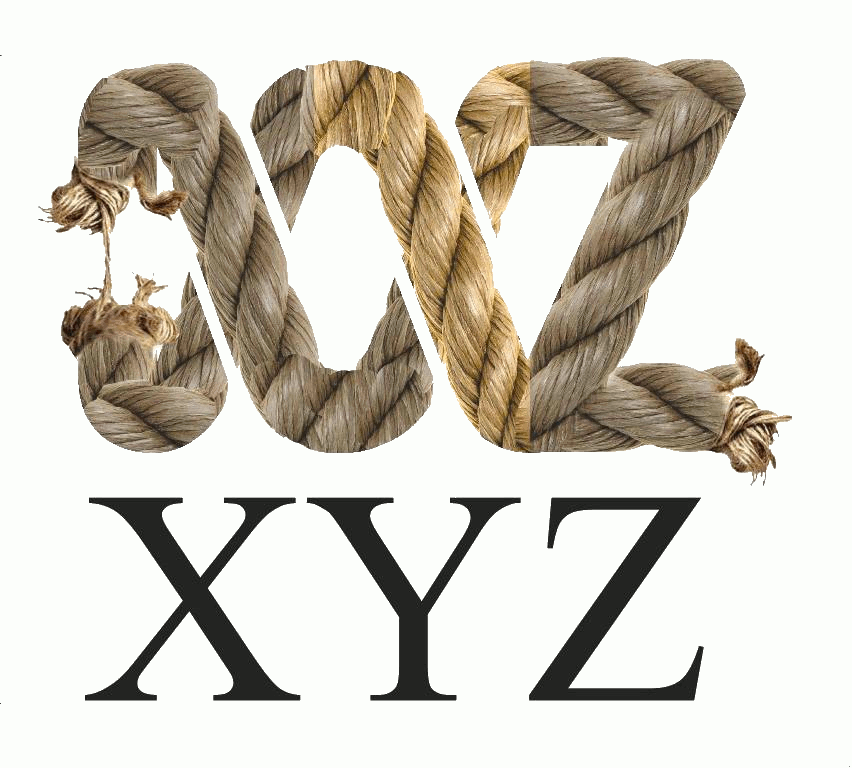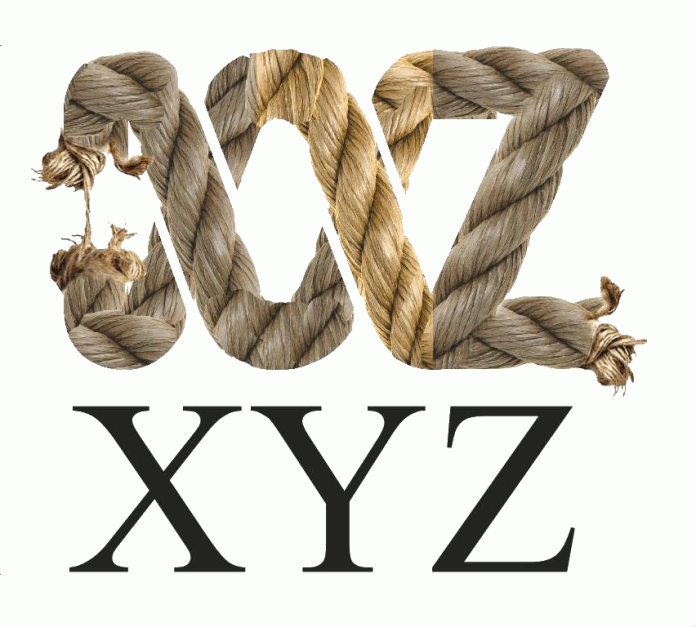Commenting in response to the drawn out drama of the parliamentary ‘quota’ saga (it is getting about as long in the tooth and as boring as the Adam Goodes ‘booing’ saga), Julie Bishop, Australia’s Foreign Minister and potential future prime minister has stated that she believes “people should be elected (to parliament) on merit.”
Ms Bishop, also Deputy Leader of the Liberal Party said:
“I certainly believe that our democracy would be stronger if we had a more diverse range of representation amongst our parliamentarians… I think we should all be mindful of seeking the very best people we can to public office, and I certainly in my role as deputy leader of the Liberal Party, seek to encourage more women, I seek to men tor women who are in the parliament and I think we can all take on that responsibility of encouraging and mentoring the very best talent that is available to stand for public office.”
tor women who are in the parliament and I think we can all take on that responsibility of encouraging and mentoring the very best talent that is available to stand for public office.”
Ms Bishop has hit the nail on the head. We should be seeking the very best people for public office, and we should be encouraging and supporting women (and others) to put themselves forward. And that our democracy would be stronger with a more diverse range of representation.
Ms Bishop’s words expose one of the main problems with the thinking of those who call for quotas and the whole ‘equality’ movement. Perhaps unwittingly, the movement collapses ‘equality’ into ‘sameness’: Women should have the same representation as men in parliament and on company boards, women should work the same hours as men outside the home, women should serve in the front line of the military, same as men.
The great fallacy is that men and women are no different and are simply interchangeable. This is obviously biologically and sociologically untrue. With this kind of thinking, the unique and particular strengths that men and women have are blunted and frustrated into a bland androgyny.
Ms Bishop is right. We need to seek out, and support the best men and women to serve in public office, and our democracy will be stronger with a more diverse range of representation. Likewisre our democracy will suffer under a forced and contrived ‘sameness’ which is pushed by the politically correct ‘equality’ movement, and only blunts the various and particular gifts of men and women.










